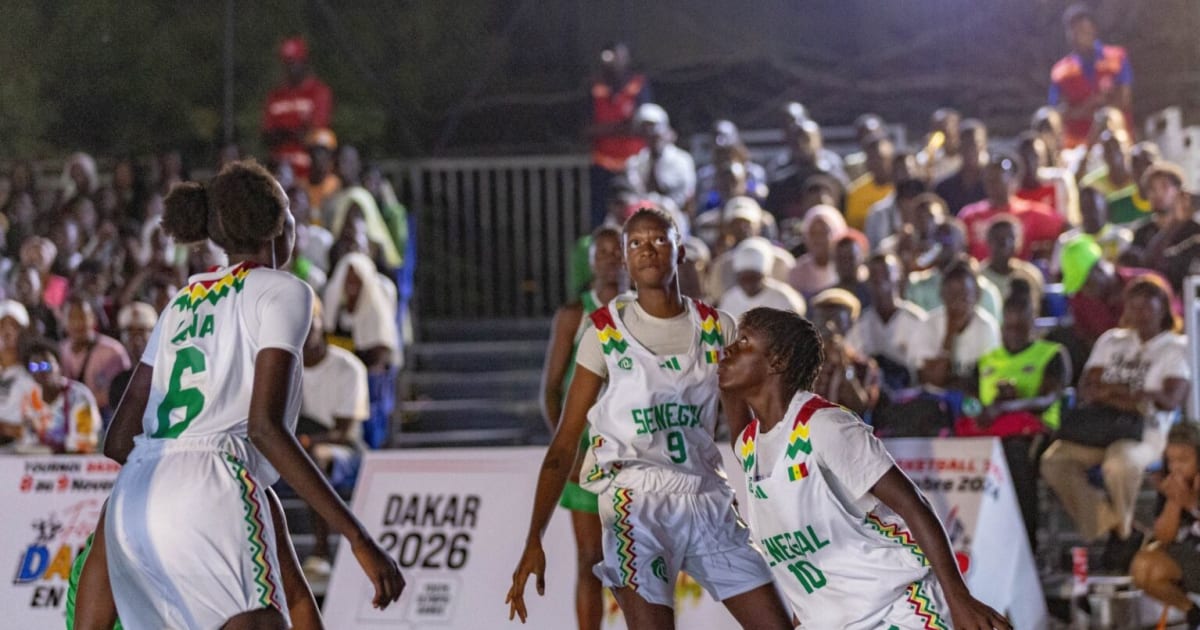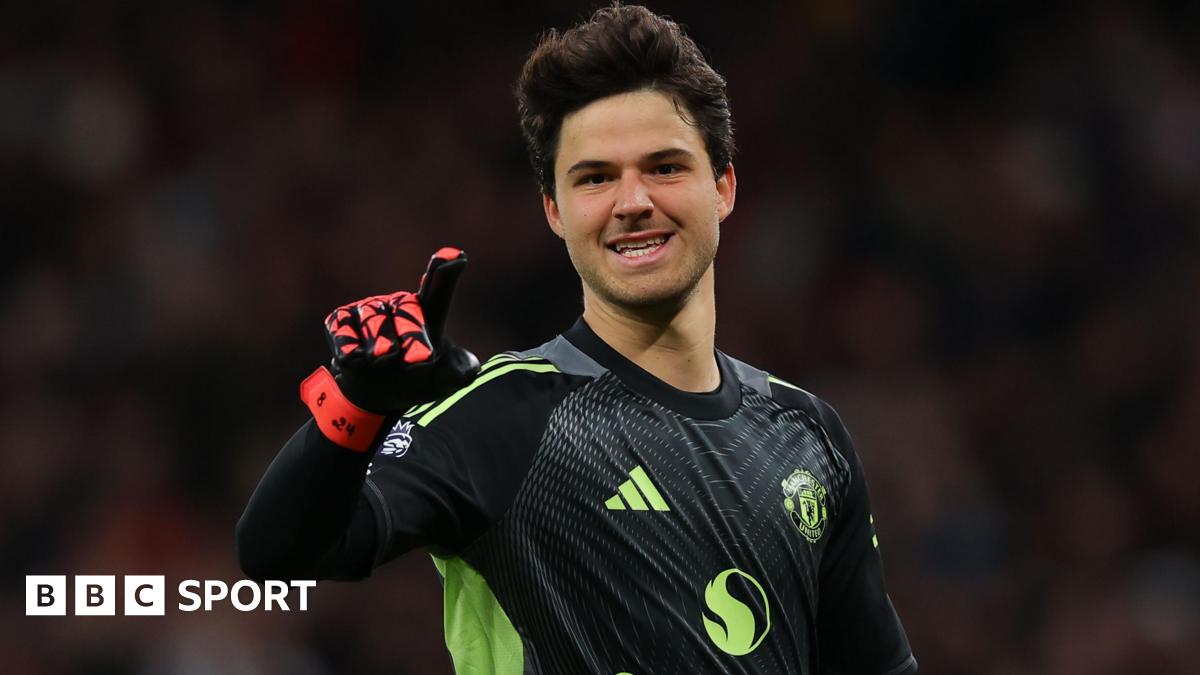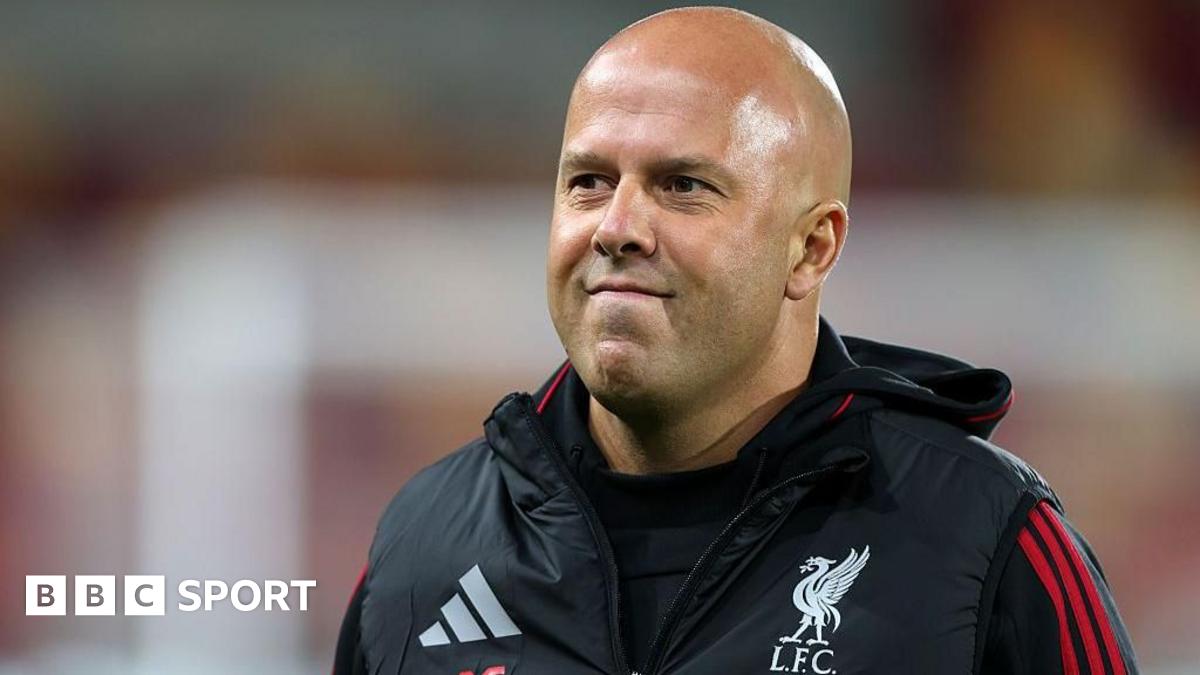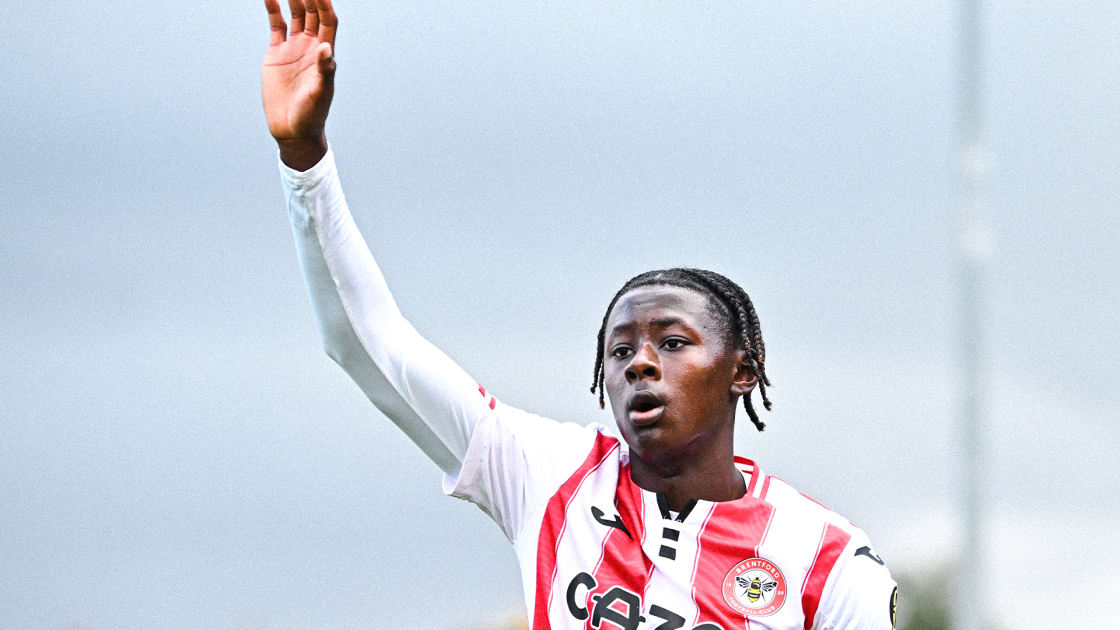Football Foundation Mark Anniversary With Launch Of Five-Year Strategy

The largest sports charity in the United Kingdom, the Football Foundation, marked its 25th anniversary pledging to meet the growing needs of the women’s and girls’ game.At a celebration event at Burgess Park Sports Centre in south London, a facility opened in June thanks to a $3.1 million (£2.4 million) grant from the Foundation, the charity pulled together leaders from the sport and government. For a quarter of a century, their aim has been to provide grassroots facility improvements for all, 'regardless of gender, race, disability or place’.Using funds generated by the English Premier League, the Football Foundation was inaugurated in 2000 as a way of giving back to the game. Working with the English Football Association and the United Kingdom government, they have invested $1.7 billion (£1.3 billion) into projects over the last 25 years. Since 2000 the charity has funded 1,300 3G pitches, 15,000 grass pitches and 1,700 changing rooms, inspiring healthier lives and strengthening communities.“The Premier League is committed to supporting every level of the game,” said Rihard Masters, the CEO of the Premier League, "and providing pitches and facilities that benefit people across the country is a key part of that. The new development at Burgess Park is a great example of the many sites that have been improved through Football Foundation investment. Its positive impact on the local community will be felt for years to come."It is thanks to the ongoing success and growth of English football that we can continue to deliver vital funds into the Football Foundation, in partnership with The FA and the Government.”While figures for females playing the game since England won the first of two successive European championship titles have spiralled since 2022, the number of accessible pitches available to them has not been sufficient to meet the growing demand from women and girls.One of the five pillars of the Football Foundation’s new Game-Changing Strategy is the development of facilities specific to the women’s game. With a new emphasis that everyone across the country leads healthier lives and has stronger communities, they have been working in partnership with local authorities, county FAs and other community stakeholders. The focus is to deliver where need is greatest and impact is strongest.MORE FOR YOUEngland’s most capped player in history is female. Fara Williams was a mainstay of the Lionesses midfield for almost two decades, making a record-breaking 172 appearances for the national team. Yet for seven years during the early part of her career, she was homeless, living in hostels while playing for England.Williams attended the anniversary celebrations together with former Premier League defender Anton Ferdinand. Both were born in South London, a few miles from the new Burgess Park facilities. They now work as trustees of The Football Foundation.Williams explained that “when I was younger, we had free facilities, but they were just open parks; we’d just turn up and play. It was a bit more difficult - bumpy grass pitches, dogs running across the field while we were trying to play. You had to learn how to adapt and make it work.”“The facilities now are unbelievable compared to what we had. And the fact that young people have free access to them is incredibly important. Some parks get locked up these days, and access isn’t always there, so the fact that these spaces are available for young kids is massive.”While many in Williams’ generation were forced to play alongside boys as there were often no suitable alternatives for young girls, a new generation of female players are growing up with different expectations. Williams said "we know there are still opportunities for mixed football, but for some girls who are just taking their first steps into the game, being part of a girls’ team and feeling safe in that environment makes a huge difference. The fact that they have that now, and that it’s funded and supported, is incredible. Long may it continue.”“There’s clearly a plan for the future, and that’s what you want to see. If you want to give these kids a platform to maybe become the next Alessia Russo, Beth Mead or Lucy Bronze, they need those opportunities. First to start their journey, and then to feel safe enough to keep going. Places like this really help make that happen.”“It’s difficult for young girls; it was when I was growing up. There weren’t really girls’ toilets or changing rooms. The fact that they have that here now is incredible. And that they can join in with the boys too, I love that. That interaction and feeling comfortable is so important. Watching the coaches today, you can see how they integrate boys and girls, and that’s what we need more of.”“We need to show younger boys that women playing football is okay now, we’re back-to-back European champions, we’ve been to a World Cup final. They’ve seen it. For so long, girls were told they couldn’t play football, but looking around here today, you can see they can and they can do it alongside the boys too. It’s brilliant.”













